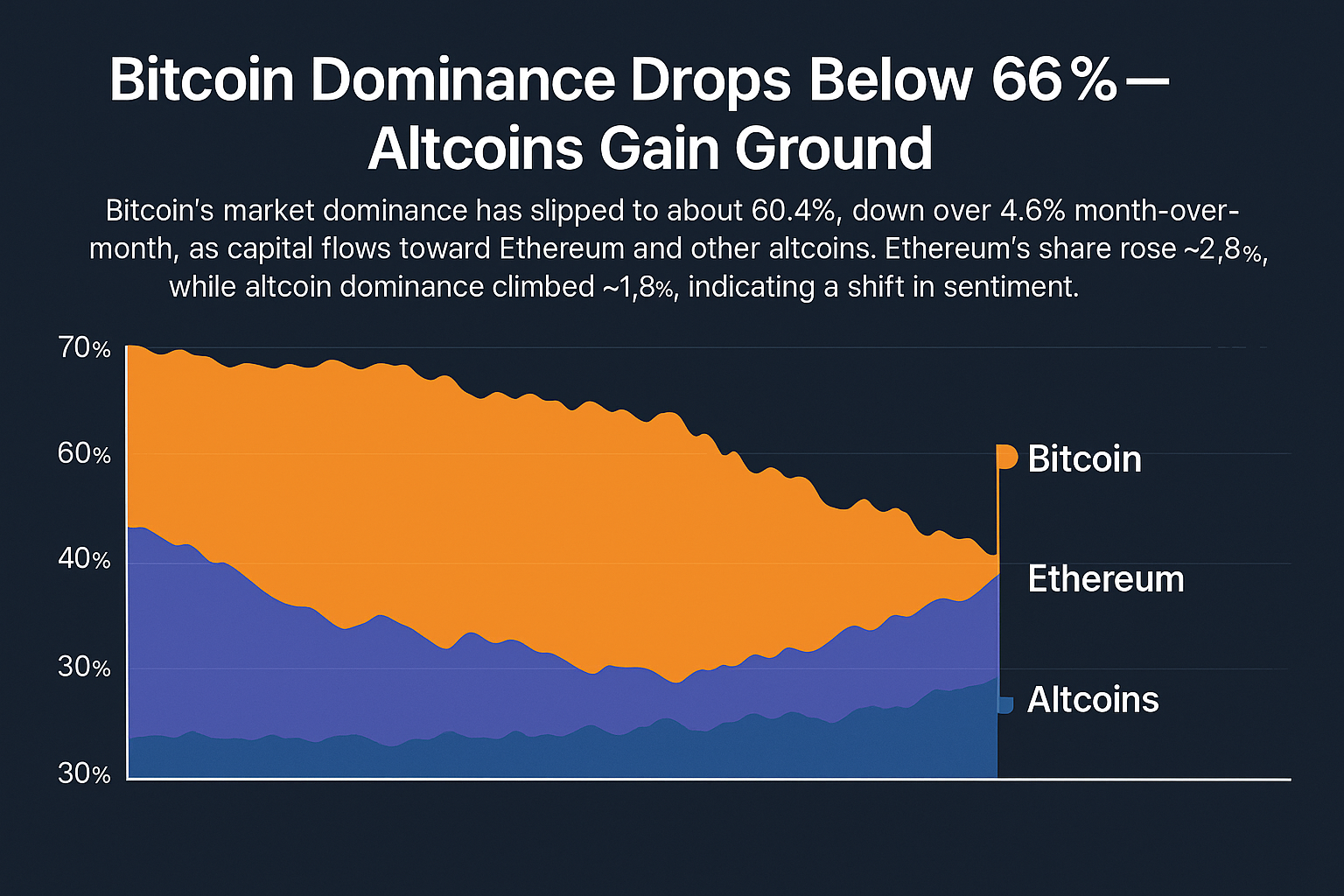In a groundbreaking move, the French state-owned bank, Bpifrance, has announced the creation of a cryptocurrency investment fund. The bank is set to allocate up to €25 million to acquire lesser-known cryptocurrencies, marking a significant step in the financial institution’s support for the country’s crypto ecosystem.
A Bold Step Towards Crypto Adoption
This initiative represents the first time Bpifrance has established a dedicated fund for direct cryptocurrency purchases. The bank aims to bolster the growth of French crypto startups by providing them with financial backing and increased market visibility. By targeting emerging digital assets rather than mainstream cryptocurrencies like Bitcoin and Ethereum, Bpifrance seeks to stimulate innovation within the local blockchain sector.
Bpifrance has historically played a crucial role in supporting French businesses and startups, particularly in innovative industries such as artificial intelligence, fintech, and green technology. The launch of this cryptocurrency investment fund is a natural extension of its mission to foster entrepreneurship and technological advancement in France. By directly investing in digital assets, the bank is signaling a strong commitment to the future of decentralized finance (DeFi) and blockchain technology.
The Regulatory Landscape
The move comes at a time when European regulatory frameworks around digital assets are evolving, with increased scrutiny and efforts to provide clearer guidelines for institutional investors. France has been at the forefront of shaping crypto regulations within the European Union, with the Autorité des marchés financiers (AMF) establishing clear licensing and compliance requirements for crypto-related businesses.
Bpifrance’s decision to invest directly in cryptocurrencies suggests confidence in the regulatory progress made so far. It also aligns with the broader European effort to integrate digital assets into traditional financial systems in a responsible and structured manner. The bank’s initiative may encourage other financial institutions to explore similar investment strategies, accelerating the institutional adoption of crypto assets in Europe.
Impact on the French Crypto Ecosystem
Industry experts suggest that this fund may help solidify France’s position as a hub for blockchain innovation, attracting more entrepreneurs and investors to the country’s crypto market. The backing of a state-owned entity could enhance credibility and trust in emerging blockchain projects, potentially leading to increased venture capital inflows and international partnerships.
French crypto startups stand to benefit significantly from this initiative. Many innovative blockchain projects struggle with liquidity and market adoption, particularly in their early stages. By actively purchasing and supporting lesser-known digital assets, Bpifrance can help promising startups gain traction, secure partnerships, and accelerate development. This could also position France as a more competitive player in the global blockchain landscape, rivaling countries like the United States, Switzerland, and Singapore, which have already established strong crypto ecosystems.
A Model for Other European Banks?
Bpifrance’s crypto investment fund could serve as a model for other European financial institutions considering direct involvement in the crypto space. Until now, most banks have approached cryptocurrencies with caution, primarily focusing on indirect exposure through ETFs, custody services, or blockchain-based financial products. By taking a more proactive stance, Bpifrance is paving the way for more traditional financial players to embrace digital assets.
Other state-owned or commercial banks may now reconsider their position on cryptocurrencies, especially as demand for blockchain-based solutions continues to grow. If Bpifrance’s initiative proves successful, it could encourage similar funds across Europe, ultimately contributing to greater institutional adoption of crypto assets.
The Future of Crypto in France
As Bpifrance moves forward with its cryptocurrency acquisition strategy, the industry will be watching closely to see how this initiative impacts the broader European crypto landscape. The success of this fund could influence regulatory discussions, shape future investment policies, and inspire more public-private collaborations in the blockchain space.
While challenges remain—such as regulatory uncertainties, market volatility, and cybersecurity risks—the launch of this investment fund represents a milestone in the integration of cryptocurrencies into state-backed financial strategies. Whether this fund paves the way for similar actions by other financial institutions remains to be seen, but it undoubtedly marks a significant moment in the evolution of France’s digital economy.
Bpifrance’s bold step demonstrates that cryptocurrencies are no longer a fringe investment but an increasingly recognized asset class within mainstream finance. This move may not only redefine France’s approach to blockchain innovation but also set a precedent for other countries considering deeper involvement in the crypto space.




